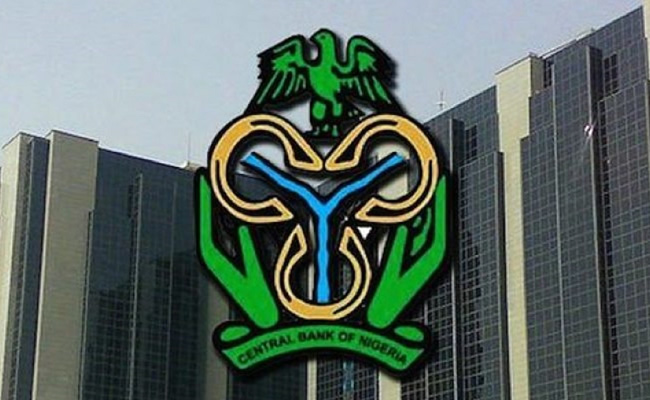CBN to increase banks’ capital base as FG targets $1trn economy

The Central Bank of Nigeria (CBN), Olayemi Cardoso, has said capital of Deposit Money Banks (DMBs) operating in the country would be increased, as part of efforts towards achieving the country’s $1 trillion economy plan.
Nigeria’s central bank governor, made this known on Friday night while delivering his keynote address at the 58th Annual Dinner of the Chartered Institute of Bankers of Nigeria (CIBN) in Lagos.
President Bola Tinubu had in October said that a $1 trillion Nigerian economy is possible by 2026, and a $3 trillion economy is possible within this decade.
Speaking on Friday, Mr Cardoso explained that Nigerian banks do not have sufficient capital relative to the financial system’s needs in servicing a $1 trillion economy in the near future unless action is taken.
He said considering the policy imperatives and the projected economic growth, it is crucial to evaluate the adequacy of the banking industry to serve the envisioned larger economy.
“It is not just about the stability of the financial system in the present moment, as we have already established that the current assessment shows stability.
“However, we need to ask ourselves: Will Nigerian banks have sufficient capital relative to the financial system’s needs in servicing a $1.0 trillion economy in the near future? In my opinion, the answer is “No!” unless we take action.
“Therefore, we must make difficult decisions regarding capital adequacy. As a first step, we will be directing banks to increase their capital,” Mr Cardoso said.
He said technology will continue to play a critical role in delivering financial services and enhancing financial inclusion. However, he said recent developments in the payment services landscape have raised concerns regarding the use of technology and the existing licensing and regulatory framework.
We have observed that some licensees are operating outside the approved activities, breaching the boundaries set for them. Any intentional or unintended non-compliance will be subject to sanctions, as operators have the responsibility to ensure that they are licensed for the activities they undertake,” he added.
Concurrently, Mr Cardoso said, “As we conduct a comprehensive review of the licensing framework for payment services, we will engage in extensive consultations to develop a new regulatory and compliance framework that is suitable for the technology-driven payment services sector.”
Looking ahead for the industry, he said banks should reassess the responsible banking framework to ensure that the requirements are effectively integrated into their strategies.
“I am aware that some banks have made commendable progress in this regard.
“Furthermore, the Central Bank of Nigeria is taking steps to enhance its in-house capacity so that it can assist other banks that still have progress to make in implementing their sustainability principles,” he said.
culled from Daily Times Nigeria

